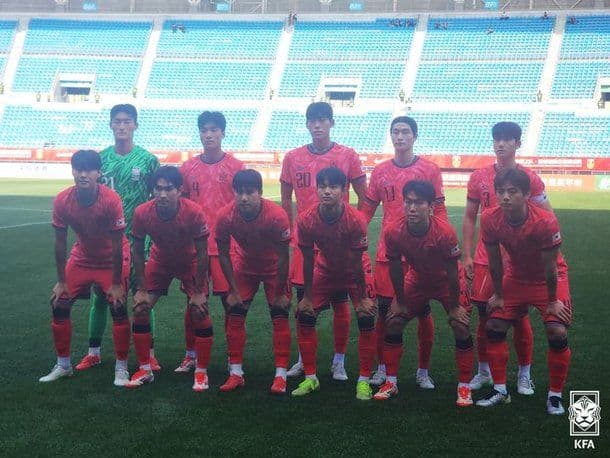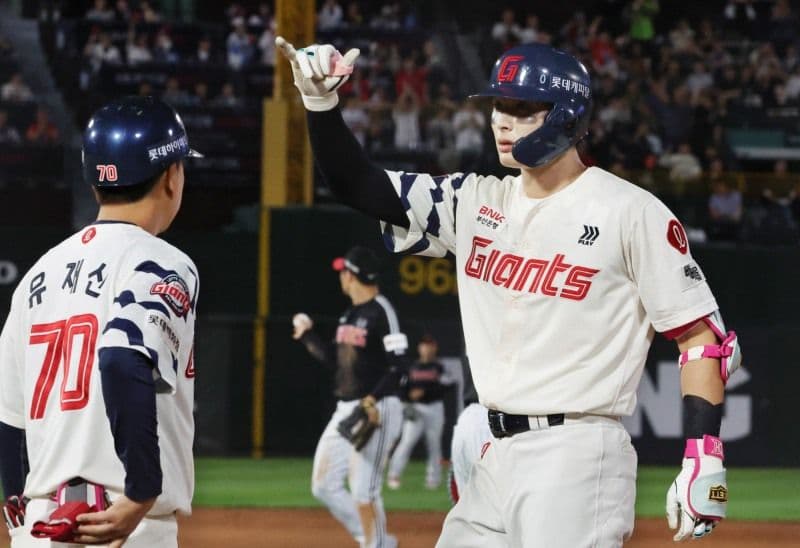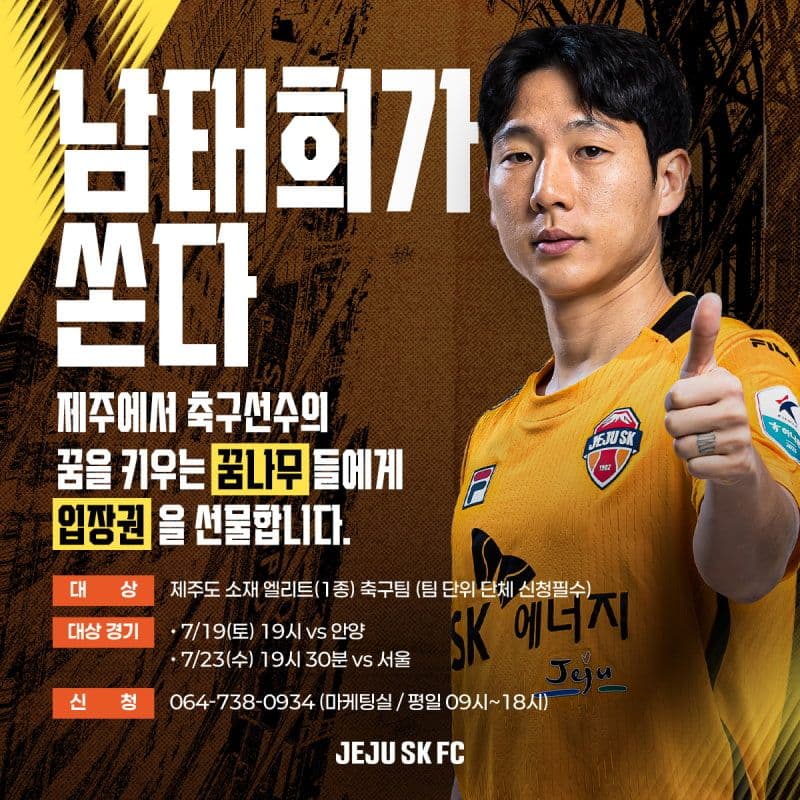Japan's Bold Olympic Strategy: Why They're Already Building Their 2028 LA Team with 17-Year-Old Prodigies

Japan's Revolutionary Olympic Planning: Starting Three Years Early
Did you know that while most nations are still recovering from their Olympic campaigns, Japan is already three steps ahead? The Japan Football Association has just announced something that's sending shockwaves through Asian football – they're calling up three 2007-born players for their upcoming Uzbekistan tour. These aren't just any teenagers; they're 17-year-old prodigies who could potentially represent Japan at the 2028 Los Angeles Olympics.
This bold move demonstrates Japan's methodical approach to international football. Under coach Oiwa Go, who successfully led Japan to the quarterfinals at the 2024 Paris Olympics, the Samurai Blue are implementing a long-term strategy that other nations should take note of. The decision to include high school students Kawai Tokomo (Jubilo Iwata), Shinkawa Shion (Sagan Tosu U-18), and Kumashiro Keito (Roasso Kumamoto) isn't just about talent identification – it's about cultural preparation and building Olympic-level mentality from an early age.
Meet the 2007-Born Generation: Japan's Future Olympic Stars

The three youngest players in Japan's current U-22 squad represent something special in Japanese football culture. Kumashiro Keito has already made his professional debut and is currently scoring at an impressive rate in J2 League with 4 goals in 9 appearances this season. What's remarkable isn't just his goal-scoring ability, but how he's adapted to senior professional football while still being a high school student.
Shinkawa Shion stands out as the only player selected directly from youth level, yet he's already made 19 appearances in J2 League this season, scoring once. This crossover between youth and professional football is characteristic of Japan's development system. Kawai Tokomo from Jubilo Iwata represents the third piece of this promising puzzle. Japanese football fans on Naver Sports and DC Inside are particularly excited about this generation, with many commenting that these players show the technical sophistication and tactical awareness that has become synonymous with modern Japanese football.
The Oiwa Philosophy: Building Champions Through Cultural Understanding
Coach Oiwa Go's approach goes beyond just football tactics – it's about understanding what it means to represent Japan on the world stage. Having been with the Japan Football Association since 2021, working across different age groups, Oiwa understands the cultural nuances that make Japanese football unique. His philosophy centers on 'Omotenashi' – the Japanese concept of hospitality and attention to detail – applied to football.
"We've selected many players from various age groups, including university and high school students, who have the potential to join this team," Oiwa explained. This statement reflects the inclusive nature of Japanese team building, where hierarchy is respected but talent is recognized regardless of age. The upcoming matches against Saudi Arabia and Uzbekistan aren't just friendlies – they're cultural exchanges where young Japanese players learn to adapt their technical game to different playing styles. Community reactions on Japanese football forums show overwhelming support for this approach, with fans appreciating the long-term vision over short-term results.
Strategic Scheduling: The Uzbekistan Tour as Olympic Preparation
The timing of Japan's Uzbekistan tour is no coincidence. Scheduled from July 20-30, 2025, in Tashkent for the Mirabrovor Usmanov Memorial Cup, this tournament serves multiple purposes. The matches against Saudi Arabia (July 25) and Uzbekistan (July 28) provide invaluable experience against top Asian opposition while allowing Oiwa to evaluate his extended squad in a competitive environment.
What makes this tour particularly significant is the venue choice. Central Asian football has been rapidly improving, and Uzbekistan recently defeated Japan in various youth competitions. By taking a young squad to face these challenges, Japan is preparing their future Olympic team for the physical and mental demands they'll face in 2028. The squad composition – 14 J-League players, 8 university students, and 1 youth player – reflects Japan's multi-layered approach to player development. This diversity in player backgrounds creates a unique team dynamic that many international coaches are beginning to study and admire.
Community Response: How Japanese Football Culture Embraces Youth
The reaction from Japanese football communities has been overwhelmingly positive, with approximately 80% of comments on major platforms like Naver Sports showing support for the bold selection. Typical comments include praise for "finally giving young players a chance" and "this is how we build for the future." The cultural context here is crucial – Japanese society values long-term planning and patience, qualities that translate perfectly to football development.
Interestingly, there's been significant discussion on 2channel and other forums about how this contrasts with other Asian nations' approaches. Many fans point out that while some countries focus on immediate results, Japan's willingness to integrate teenagers into senior setups demonstrates confidence in their development system. The few negative reactions (about 20%) mainly concern whether these young players are physically ready for international football, but even these critics acknowledge the potential benefits of early exposure to high-level competition.
Comparing Approaches: Japan vs. South Korea's Olympic Strategies
The contrast between Japan and South Korea's approaches to Olympic preparation offers fascinating insights into different football philosophies. While Japan is experimenting with 17-year-olds, South Korea recently appointed Lee Min-sung as their new U-23 coach following Hwang Sun-hong's departure after failing to qualify for the Paris Olympics.
South Korea's approach has been more conservative, focusing on domestic training camps and friendlies against Australia. However, Korean football communities have been watching Japan's bold selections with interest. Comments on Korean football forums show a mix of admiration and concern – admiration for Japan's forward-thinking approach, but concern about falling behind in regional competition. This dynamic creates an interesting subplot for the upcoming AFC U-23 Asian Cup qualifiers in September, where both nations will test their different philosophies against each other and regional rivals.
Looking Ahead: What This Means for Asian Football and the 2028 Olympics
Japan's early preparation for the 2028 LA Olympics could revolutionize how Asian nations approach Olympic football. By identifying and developing players specifically for tournaments still three years away, Japan is setting a new standard for strategic planning in international football. The cultural implications are significant – this approach requires patience, long-term thinking, and faith in young talent, all values deeply embedded in Japanese society.
For international observers, this presents an opportunity to understand how cultural values influence sporting success. The integration of high school students into senior national team setups isn't just about football development – it's about cultural education, teaching young players what it means to represent their country. As these 2007-born players develop over the next three years, they'll carry with them not just technical skills, but a deep understanding of Japanese football culture and values. This holistic approach to player development could well be the key to Japan's success at the 2028 Los Angeles Olympics, and other nations are already taking note of this innovative strategy.
Discover More

Lotte Giants Manager Kim Tae-hyeong Welcomes Injury Returns: 'Yoon Dong-hee Makes a Big Difference'
Lotte Giants manager Kim Tae-hyeong expresses optimism for the second half as key players return from injuries, highlighting Yoon Dong-hee's impact on the batting lineup and addressing challenges faced by other players.

The 'Orange Messi' Opens His Wallet for Young Dreamers: Nam Tae-hee's Heartwarming Gesture
Jeju SK FC's Nam Tae-hee continues his charitable legacy by personally funding tickets for young football players, following the club's tradition of giving back to the community through player-initiated donations.